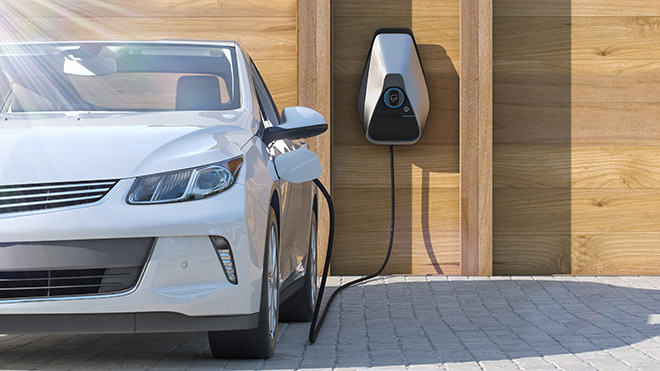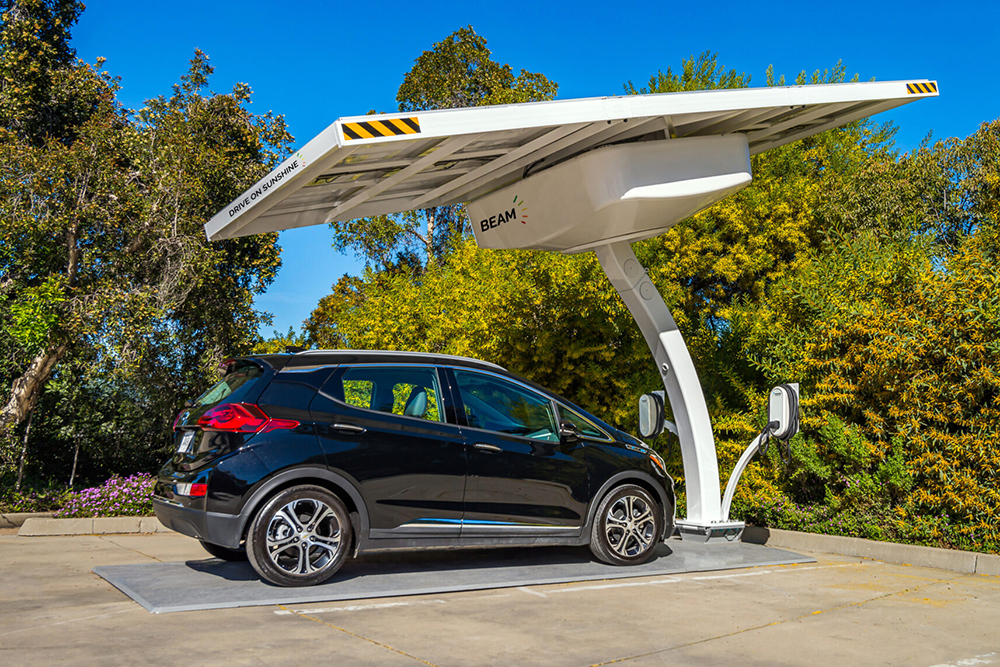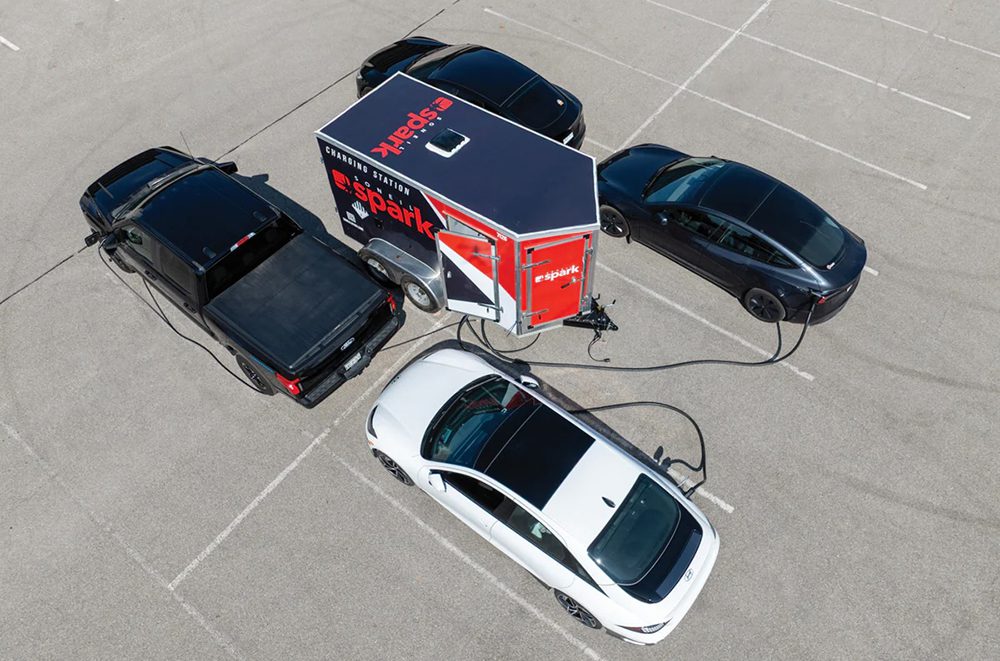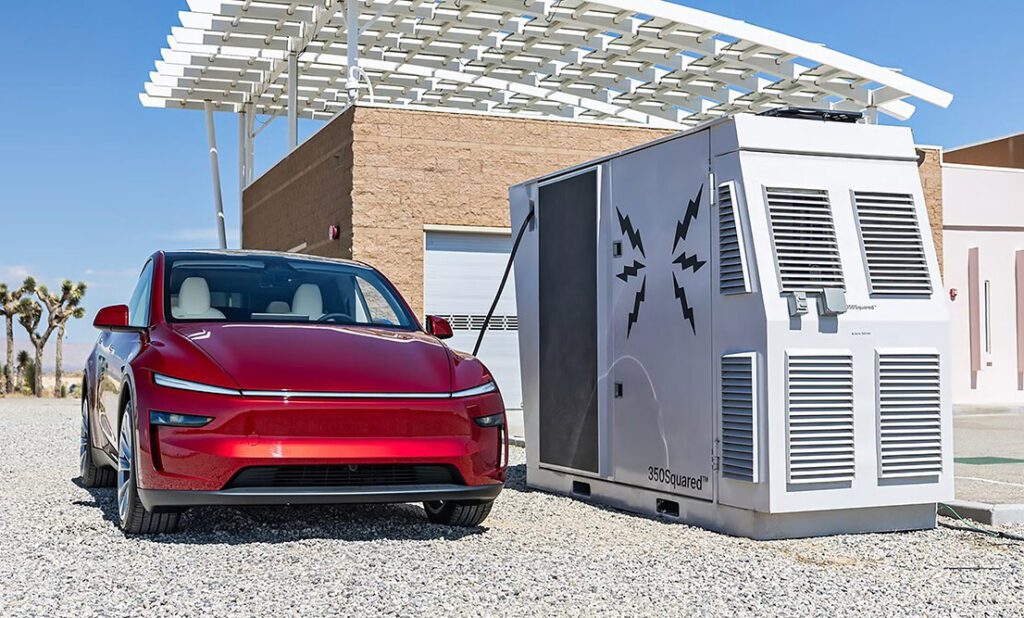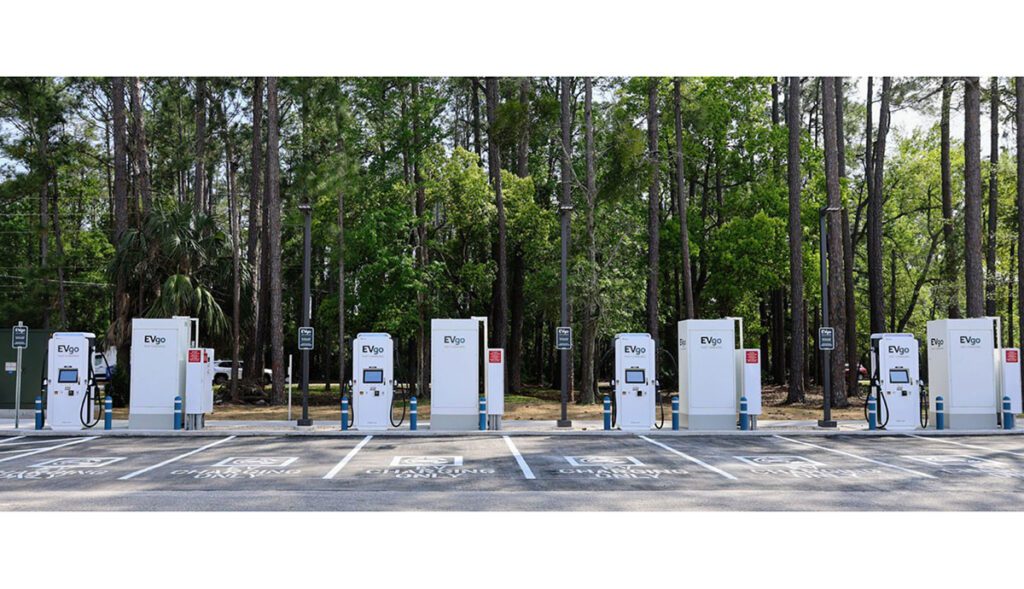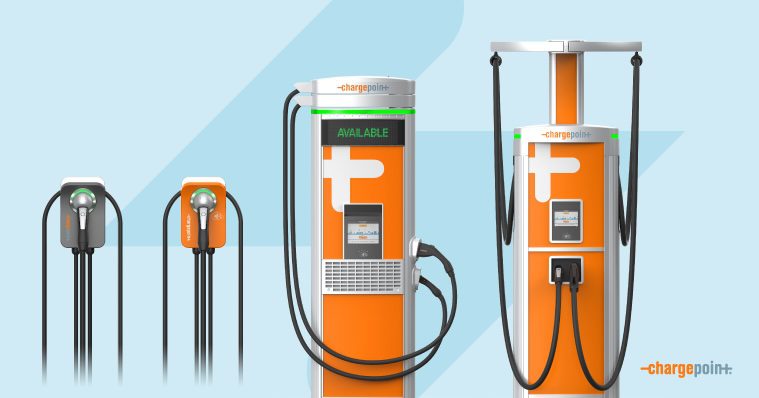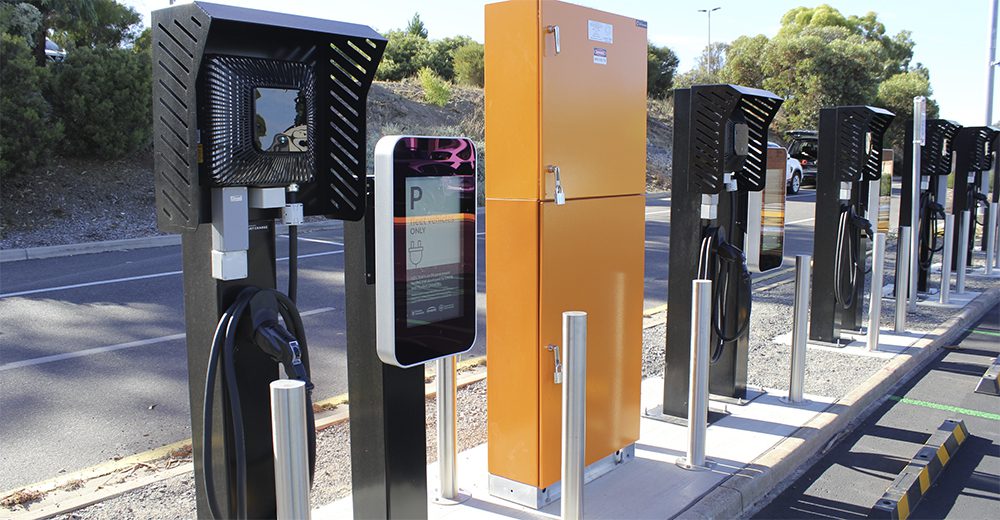The UK government has introduced legislation that would require new homes and certain other buildings in England to install EV charging points. New supermarkets and workplaces would come under the new law, as would major renovations to sites with over 10 parking spaces. The government said the new policy should result in the addition of up to 145,000 new charging points in the country each year.
As usual, most of the media ran away with the story, and misrepresented pending legislation as settled law. In fact, the details of this proposal will have to be worked out through the legislative process. The home and office EV charger mandate is expected to come into force in 2022. However, there will be a lot of work to do to turn this headline-grabbing proposal into actual policy, and various stakeholders will have to have their say.
The announcement included only a vague outline of a law that will necessarily be quite complex. What kind of chargers will be required? What sort of power levels? Will home buyers have options? Does the new law apply only to homes that have driveways? Will the cost be subsidized by a government agency? Will this require coordination with local building codes and/or local utilities? Why does the proposal specify “England?” Will the requirement not apply to Scotland or Wales?
Representatives of the Labour Party noted that the Tory proposal does not address the “appalling” geographical divide in public charging infrastructure. “London and the South East have more public car charging points than the rest of England and Wales combined. Yet there is nothing here to help address this,” said the opposition party in a statement. “Nor is there help so lower- and middle-income families can afford electric vehicles or the investment required to build the [battery] gigafactories we need.”
California recently approved new rules that require utilities to provide “utility-side make-ready” infrastructure at no cost to the customer. In 2020, the International Code Council (ICC) set voluntary guidelines for making new US homes “EV-ready.” However, we’re not aware of any jurisdiction that requires the installation of actual charging stations. If the UK proposal does become law in anything like its putative form, it would arguably be the most sweeping mandate for charging infrastructure in the world.



